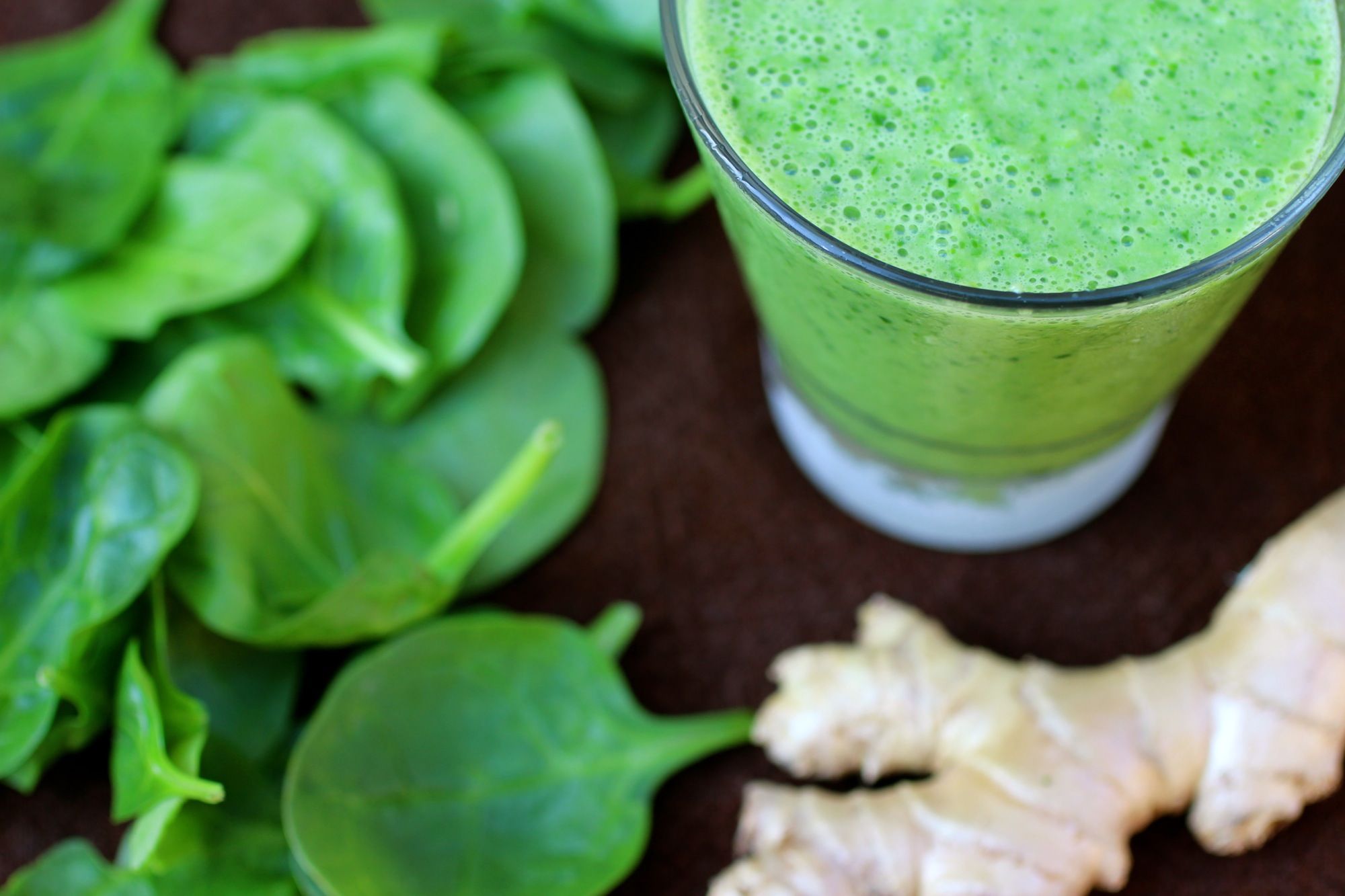
It’s our main harvest season in Cayman and if you wander into The Brasserie’s greenhouse you will find magnificent and prolific leafy greens flourishing in abundance. The perfect accompaniment to your fresh custom-made salads at the Market.
Spinach has managed to win over plenty of picky eaters in recent years. Little by little, it’s shedding its old reputation and experiencing a renaissance in the kitchen. Why? Spinach is chock full of feel-good nutrients. It’s rich in protein, vitamin, mineral and phytonutrient levels. After all, there’s a reason ‘Popeye, the Sailor Man’ went so crazy for this stuff. As greens from the garden go, spinach is a real fighter when it comes to your wellbeing. Packed with energy-boosting iron and a host of others vitamins and minerals, spinach is key to maintaining a healthy diet. In fact, in the 1930’s American spinach growers credited Popeye with a 33% increase in domestic spinach consumption.
Did you know that just half a cup of raw spinach counts as 1 of the 5 servings of fruits and vegetables you should eat a day?
Spinach is a rich source of beta-carotene, lutein and xanthene, all of which are beneficial for eyesight. Beta-carotene is supplied to the eyes by cooked spinach. It can prevent vitamin A deficiencies, itching eyes, eye ulcers, and dry eyes. This is also due to some of the anti-inflammatory properties of spinach, which can reduce eye puffiness and/or irritation.
Several components of spinach like potassium, folate, and various antioxidants are known to provide neurological benefits to regular consumers. Potassium is an integral part of brain health as well, and it has been linked to increased blood flow to the brain and heightened cognition, concentration and neural activity.
Spinach has a very high content of potassium and a low content of sodium. This composition of minerals is very beneficial for high blood pressure patients as potassium lowers and sodium raises the blood pressure. The folate present in spinach also contributes to the reduction of hypertension and relaxes blood vessels, while maintaining proper blood flow. By reducing blood pressure and relaxing the tension of vessels and arteries, you can reduce stress on the cardiovascular system and increase oxygenation to the body’s organ systems for optimal functionality.
A component of spinach, factor C0-Q10, which is an antioxidant, plays an important role in strengthening muscles, especially heart muscles which continuously pump blood to all parts of the body.
Spinach is a good source of vitamin K, which functions in retaining calcium in the bone matrix, thereby leading to bone mineralisation. Apart from this, other minerals like manganese, copper, magnesium, zinc and phosphorus also help in building strong bones. This can prevent the development of osteoporosis. These minerals are also essential for maintaining healthy teeth and nails.
The lutein and zeaxanthin present in spinach both act as strong antioxidants, thus preventing the eyes from the harsh effects of UV rays that can lead to cataracts. They also reduce the impact of free radicals, which can be a major cause of cataracts and other eye conditions.
There is a reason why doctors recommend adding spinach in a significant way to your diet. The amount of protein found in spinach is impressive for any vegetable, and they are easily broken down by enzymes into amino acids that are essential to humans. The reformed mammal proteins aid our muscle development and growth, our body’s ability to heal wounds and provides a boost for our entire metabolism, encouraging all of our organ systems to function at their optimal level.
It has been found that spinach and some other vegetables have the ability to protect the mucous membrane of the stomach, thereby decreasing the occurrence of gastric ulcers. Furthermore, the glycoglycerolipids found in spinach can boost the strength of the digestive tract lining, thereby preventing any unwanted inflammation in that part of the body.
Atherosclerosis is caused due to the hardening of the arteries. A pigment called lutein that is found in spinach has been shown to reduce the atherosclerosis, heart attacks and strokes. This is due to the fact that spinach proteins tend to reduce the cholesterol and other fat deposits in the blood vessels.
There are many anti-inflammatory compounds found in spinach, more than a dozen, in fact. This not only means protecting the heart from dangerous inflammation and preventing cancer, but also reducing the inflammation and associated pain from conditions like arthritis and gout.
Different phytonutrients and pigments have been shown to protect the skin from the harmful rays of the sun including UV rays. These not only protect but also repair the damaged genes to some extent, thereby preventing skin cancer in the long run.
For your daily spinach fix, head to Juiced @ The Wicket in Cricket Square and enjoy our $5 ‘Hefty Zesty Spinach’ smoothie until 3pm this Friday.


